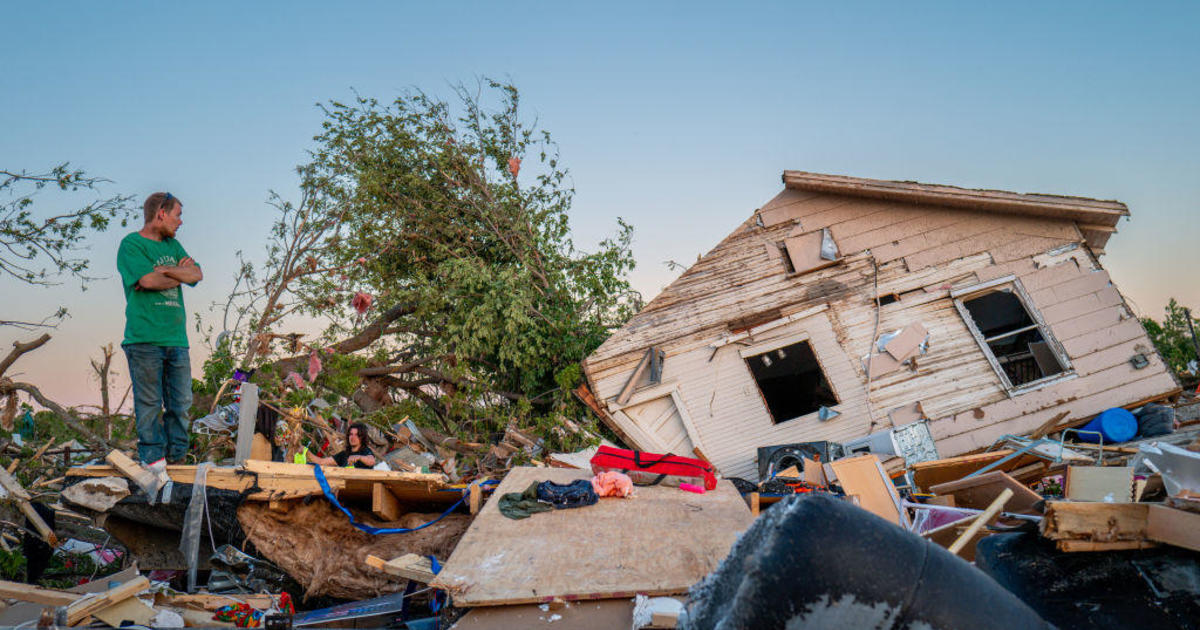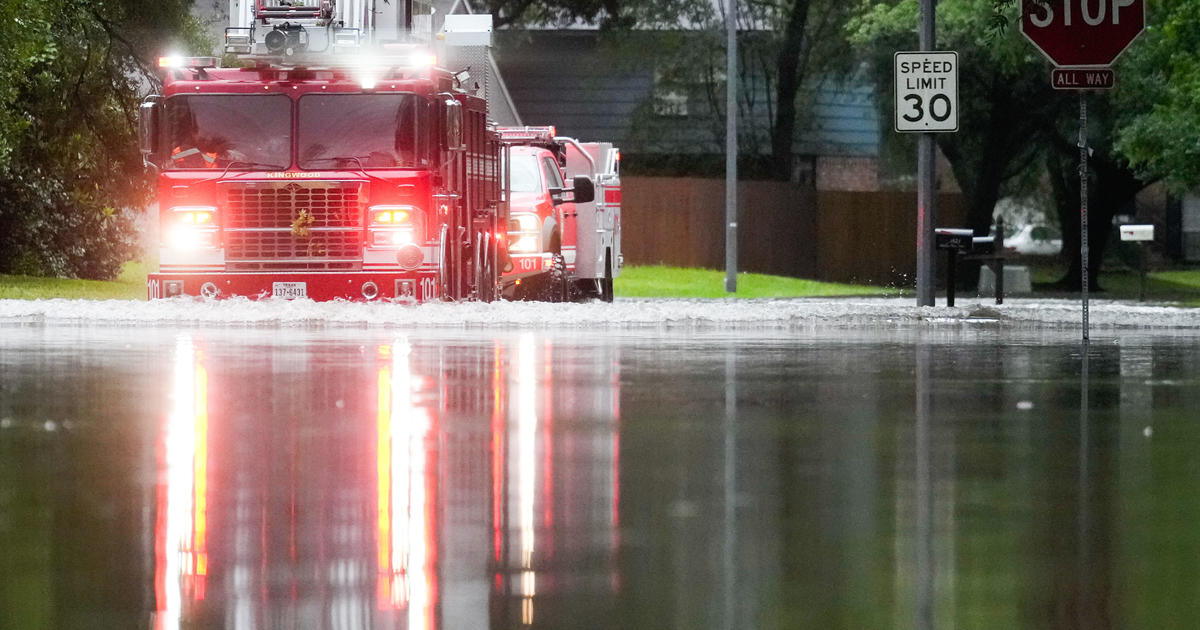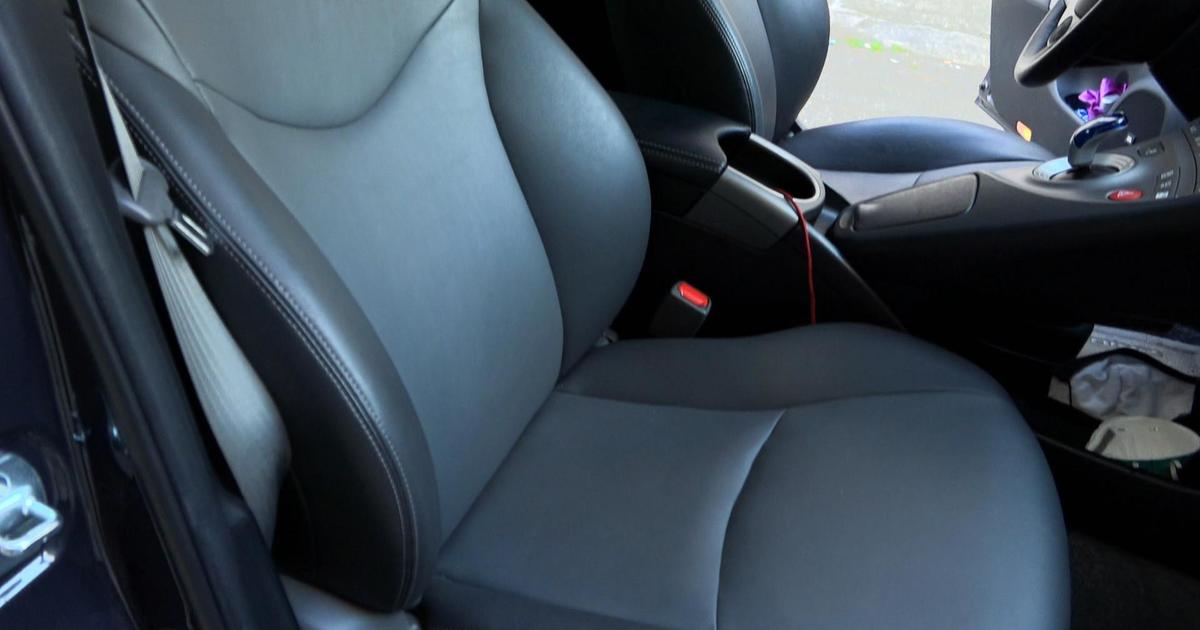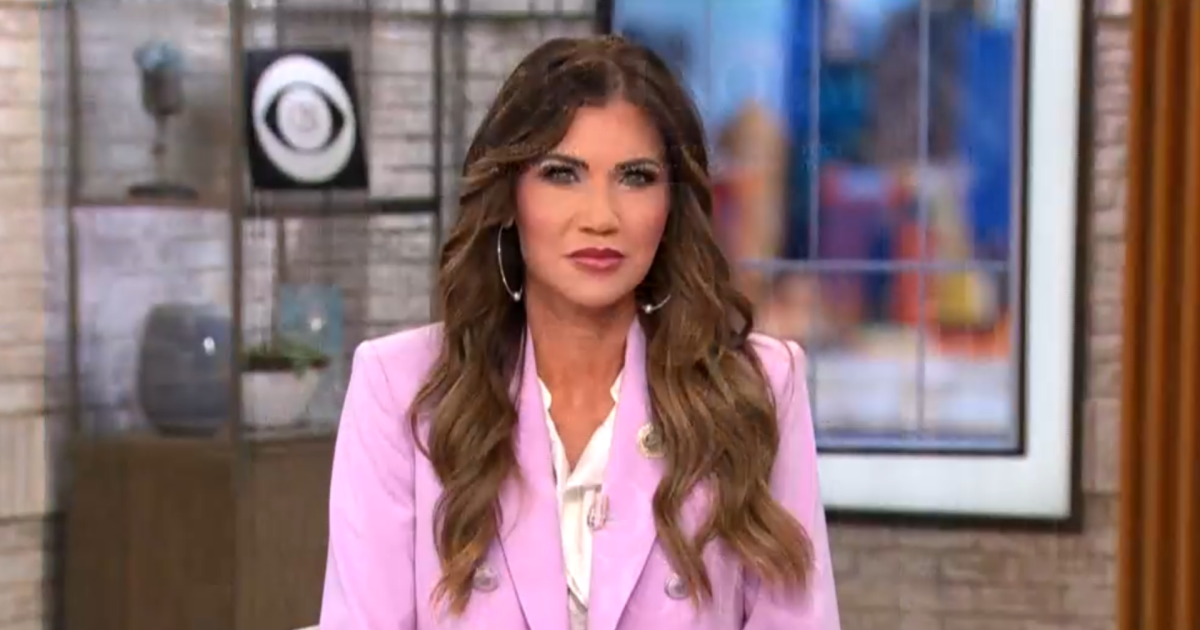Austin mayor says most vulnerable residents need power "now" after storm leaves millions in the dark
The lack of power is the biggest concern for Texas residents after an ice storm and bitter cold has forced rolling blackouts. The state is used to dealing with occasional blackouts but those are normally caused by excessive heat, not freezing temperatures. The temperature in Moscow, Russia is warmer than the temperature in Dallas, Texas. It is one of the worst storms to hit the state in years.
Herbert Miller, the stepfather of a CBS News producer, is suffering from COVID-19 and relies on an oxygen tank to breathe. His tank needs electricity to function, but he and his wife, Tomeji, lost power and water pressure in their home in Katy, Texas, early Monday.
"We were able to get in my truck and plug it in and re-charge it. So we have to do that about every five hours until there's no indication when the power will come back on, maybe tomorrow. We don't know," Miller told CBS News' Omar Villafranca.
Each charge takes about an hour and a half to reach 50% of power—so they wait it out in the car as long as they can.
"But of course, we're smart, and we know that if it gets to a situation where he needs to go to the hospital, we'll go, but right now, we're able to kind of manage this," Tomeji said.
"We're hoping that tomorrow will be a better day, you know, because I mean, how long can they deny us electricity? You know, they know people are suffering," Miller said.
In Houston, the power outages are complicating the fight against the pandemic. More than 8,000 COVID-19 vaccines nearly went to waste after a storage facility lost power.
More than 5,000 of those vaccines were distributed—some of those vaccines went to Rice University, the rest were saved.
"The vaccine supply we thought we were going to lose in a few hours we could actually re-refrigerate and administer later," Harris County Judge Lina Hidalgo said at a news conference Monday.
Austin Mayor Steve Adler told "CBS This Morning" co-host Gayle King that the city had to delay opening up vaccination centers due to the cold temperatures.
"We've delayed the vaccinations because we can't open up the vaccination facilities. People can't get around. It snowed. The roads are icy. They're frozen. It's just not safe for people to be out. So, we need this to thaw," he said. "And my understanding is we might be a day or two away from that. And then we are going to just have to re-double our efforts to make sure the vaccine that we have gets in the peoples' arms. But for right now, we're on pause."
Texas is the only state in the continental U.S. that has its own power grid. Unlike the Eastern and Western power grid networks, which serve the rest of the country, Texas' power grid is not subject to federal regulation.
As temperatures plunged and energy demand rose, the state's energy authority instituted rolling blackouts across its 254 counties to prevent a complete collapse of the energy grid. But for millions, the power has stayed off. Adler said that state leadership needs to look into why Texas' power grid faltered at the worst possible time.
"We need the state leadership and legislature to get answers for us. But what we were told, I think, is that this is an event that went beyond the design parameters of what we planned for. It gets really hot in Texas; we planned for that," Adler said. "But reaching these cold temperatures at this level and for this duration is something that the state obviously did not plan for. But this is the third time I've seen something like this, 1989, and in 2011, it seems to happen every ten years."
Adler said that changes in weather patterns might be a sign that the state's design parameters.
On Monday, Governor Greg Abbott announced that he was deploying the National Guard across Texas to conduct welfare checks and to assist in getting Texans into warming centers.
Andrew Barlow, who works with Texas' public utility commission, which regulates energy companies, said every worker is working feverishly around the clock to restore electricity.
"We understand that that electricity is the stuff of life," Barlow said.
While most of Austin remains without power, Adler said the city and its most vulnerable residents need power now more than ever.
"Mostly, I need power. I need for people to be able to get their heaters going again in their homes. We're trying to get to the people that are most medically vulnerable at this point. That have medicines in their refrigerators and equipment that needs power. That's what I need now, more than anything else. We're not able to move the blackout around to different circuits in our city because every circuit we can turn off, we have. The only ones left going are the ones that are tied to critical infrastructure."
The blackouts are expected to last in many parts of the state at least through Tuesday, but temperatures in Dallas, Fort Worth, Houston, and San Antonio are not likely to get above freezing.



